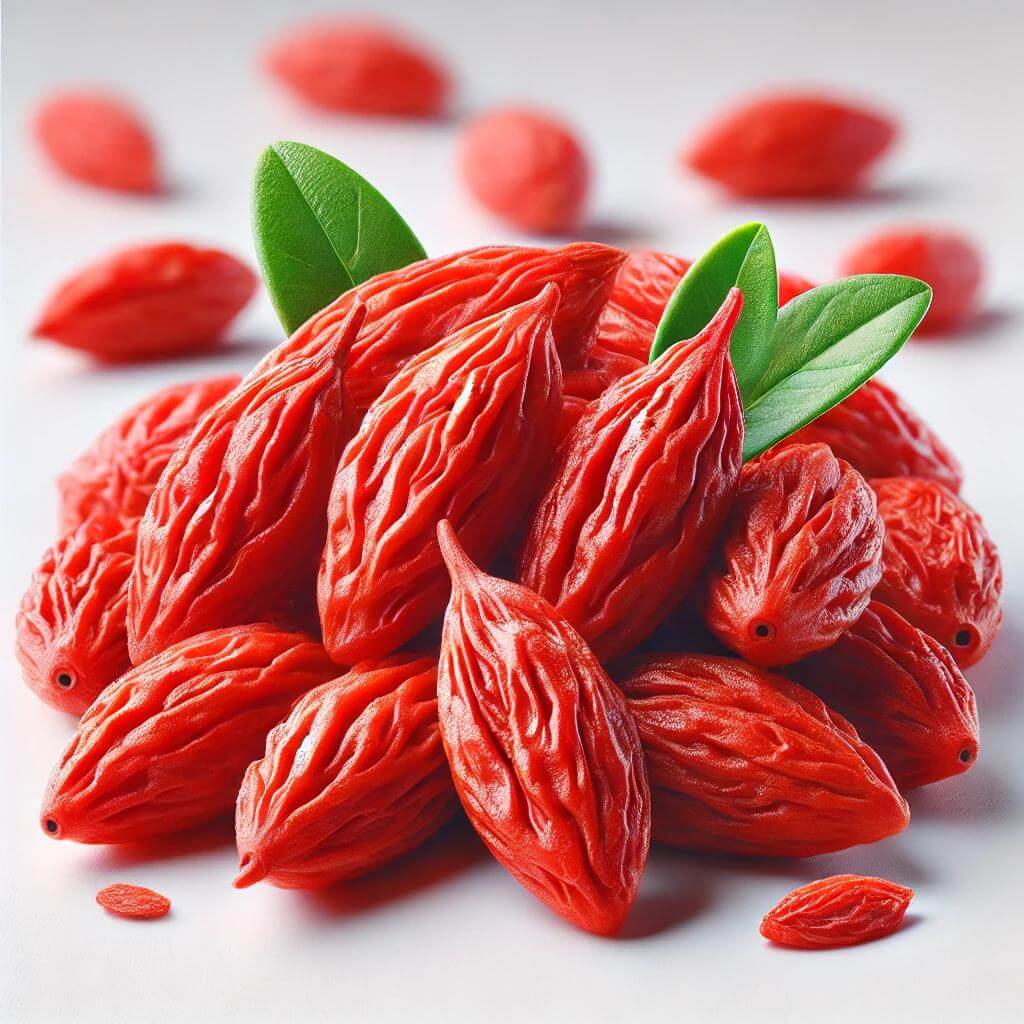Pomegranate Phenomenon: Discover the Superfood Revolutionizing Health
The pomegranate, with its vibrant red seeds and juicy, tart flavor, is more than just a delicious fruit—it’s a powerhouse of nutrition and health benefits. Revered since ancient times, this superfood has been celebrated in various cultures for its medicinal properties. Rich in antioxidants, vitamins, and other essential nutrients, pomegranates offer a wide range of health benefits, making them a valuable addition to any diet.
Health Benefits of Pomegranate
1. Rich in Antioxidants
Why It Matters:
Pomegranates are loaded with potent antioxidants, particularly punicalagins and anthocyanins, which are found in both the juice and the seeds. Antioxidants are crucial for protecting the body against oxidative stress, which can damage cells and contribute to chronic diseases like cancer, heart disease, and aging.
Detailed Explanation:
- Punicalagins: These powerful antioxidants are unique to pomegranates and are responsible for many of the fruit’s health benefits. They help neutralize free radicals, reducing the risk of cellular damage.
- Anthocyanins: These pigments give pomegranates their vibrant color and are known for their anti-inflammatory and anti-cancer properties. Regular consumption of anthocyanin-rich foods like pomegranates can help lower the risk of certain types of cancer and reduce inflammation in the body.
2. Supports Heart Health
Why It Matters:
Heart disease is one of the leading causes of death worldwide, and incorporating heart-healthy foods into your diet is essential. Pomegranates have been shown to improve heart health by lowering blood pressure, reducing cholesterol levels, and preventing the oxidation of LDL (bad) cholesterol.
Detailed Explanation:
- Blood Pressure: The antioxidants in pomegranate juice help lower systolic blood pressure, which is the top number in a blood pressure reading. This is crucial for reducing the risk of heart attacks and strokes.
- Cholesterol Levels: Pomegranates can help reduce LDL cholesterol levels while increasing HDL (good) cholesterol, thus improving overall cholesterol balance.
- Arterial Health: Pomegranates may help prevent atherosclerosis, a condition where the arteries become clogged with fatty deposits. By reducing oxidative stress and inflammation, pomegranates keep the arteries flexible and healthy.
3. Anti-Inflammatory Properties
Why It Matters:
Chronic inflammation is at the root of many serious diseases, including heart disease, cancer, diabetes, and Alzheimer’s. Pomegranates are packed with anti-inflammatory compounds that can help reduce inflammation throughout the body.
Detailed Explanation:
- C-Reactive Protein (CRP): Pomegranates have been shown to reduce levels of CRP, a marker of inflammation in the body. Lower CRP levels are associated with a reduced risk of inflammatory diseases.
- Interleukin-6 (IL-6): This pro-inflammatory cytokine plays a role in the immune response and inflammation. Pomegranate consumption can reduce IL-6 levels, helping to lower inflammation and its related risks.
4. May Help Fight Cancer
Why It Matters:
The potential anti-cancer properties of pomegranates have been the subject of numerous studies. The fruit’s high concentration of antioxidants and other bioactive compounds can help inhibit the growth of cancer cells and even induce apoptosis (cell death) in certain types of cancer.
Detailed Explanation:
- Breast Cancer: Studies have shown that pomegranate extract can inhibit the growth of breast cancer cells and prevent them from spreading.
- Prostate Cancer: Pomegranate juice has been found to slow the progression of prostate cancer, potentially doubling the time it takes for PSA levels (a marker of prostate cancer) to double.
- Colon Cancer: The antioxidants in pomegranates can help protect colon cells from damage and reduce the risk of colon cancer.
5. Improves Memory and Brain Health
Why It Matters:
Cognitive decline is a common concern as we age, but pomegranates may help keep your brain sharp. The polyphenols found in pomegranates have been shown to improve memory and protect the brain from age-related damage.
Detailed Explanation:
- Memory: Studies suggest that drinking pomegranate juice can enhance memory and cognitive function, particularly in older adults.
- Neuroprotection: The antioxidants in pomegranates help protect the brain from oxidative stress and inflammation, both of which can contribute to neurodegenerative diseases like Alzheimer’s.
6. Supports Digestive Health
Why It Matters:
A healthy digestive system is crucial for overall health and well-being. Pomegranates are rich in fiber, which aids digestion and promotes regular bowel movements.
Detailed Explanation:
- Fiber Content: Pomegranate seeds, also known as arils, are packed with dietary fiber, which helps prevent constipation and supports a healthy gut microbiome.
- Anti-inflammatory Effects: The anti-inflammatory properties of pomegranates can help reduce inflammation in the digestive tract, potentially benefiting those with conditions like inflammatory bowel disease (IBD).
7. Boosts Immune System
Why It Matters:
A strong immune system is essential for defending the body against infections and illnesses. Pomegranates are rich in vitamin C, which is vital for immune function.
Detailed Explanation:
- Vitamin C: Pomegranates provide a significant amount of vitamin C, which helps boost the immune system by promoting the production of white blood cells and improving their function.
- Antimicrobial Properties: Pomegranates have natural antibacterial and antiviral properties, making them effective in fighting off common infections.
How to Incorporate Pomegranate into Your Daily Diet
1. Eat the Seeds Raw
Pomegranate seeds are a delicious and healthy snack on their own. Simply cut open a pomegranate, remove the seeds, and enjoy them raw. They can be eaten as is or added to salads for a burst of flavor and nutrition.
2. Drink Pomegranate Juice
Pomegranate juice is a convenient way to enjoy the health benefits of pomegranates. Make sure to choose 100% pure pomegranate juice with no added sugars. You can drink it on its own or mix it with water or other juices.
3. Add to Salads
Pomegranate seeds make an excellent addition to salads, providing a sweet and tangy contrast to leafy greens, nuts, and cheese. Try adding them to a spinach salad with walnuts and feta for a tasty and nutritious meal.
4. Use as a Garnish
Pomegranate seeds can be used as a colorful garnish for a variety of dishes, including desserts, yogurt, and oatmeal. They add a pop of color and a burst of flavor to any dish.
5. Incorporate into Baking
Pomegranate seeds can be added to baked goods like muffins, cakes, and bread. They add moisture and sweetness while also boosting the nutritional value of your baked treats.
6. Make Pomegranate Syrup
Pomegranate syrup, also known as grenadine, is a sweet and tangy syrup that can be used in cocktails, desserts, and as a glaze for meats. You can make your own by simmering pomegranate juice with sugar until it thickens.
Disadvantages of Pomegranate
While pomegranates offer numerous health benefits, there are a few potential drawbacks to consider:
- High Sugar Content: Although natural, pomegranates do contain sugar, which can be a concern for people managing their blood sugar levels. Moderation is key.
- Allergies: Some individuals may be allergic to pomegranates, experiencing symptoms like itching, swelling, or difficulty breathing.
- Drug Interactions: Pomegranate juice can interact with certain medications, particularly those metabolized by the liver, such as statins and blood pressure medications. Consult your doctor if you’re on medication.
Nutritional Values of Pomegranate
Here’s a table summarizing the key nutritional values of pomegranates (per 100 grams):
| Nutrient | Amount per 100g |
|---|---|
| Calories | 83 kcal |
| Carbohydrates | 18.7 g |
| Sugars | 13.7 g |
| Fiber | 4.0 g |
| Protein | 1.7 g |
| Fat | 1.2 g |
| Vitamin C | 10.2 mg (17% DV) |
| Vitamin K | 16.4 µg (21% DV) |
| Folate (B9) | 38 µg (10% DV) |
| Potassium | 236 mg (7% DV) |
| Antioxidants | High |
Conclusion
Pomegranates are a true superfood, offering a wide range of health benefits from heart health to cancer prevention. Their rich antioxidant content, combined with anti-inflammatory and immune-boosting properties, makes them a valuable addition to any diet. Whether you eat them raw, drink the juice, or incorporate them into your meals, pomegranates can help you lead a healthier, more vibrant life.
*Disclaimer: The information provided in this article is for educational and informational purposes only and should not be construed as health advice. The content is solely the personal opinion of the author and is not intended to be a substitute for professional medical advice, diagnosis, or treatment. Always seek the advice of your physician or other qualified health provider with any questions you may have regarding a medical condition or before starting any new diet or treatment. Read more




1 comment